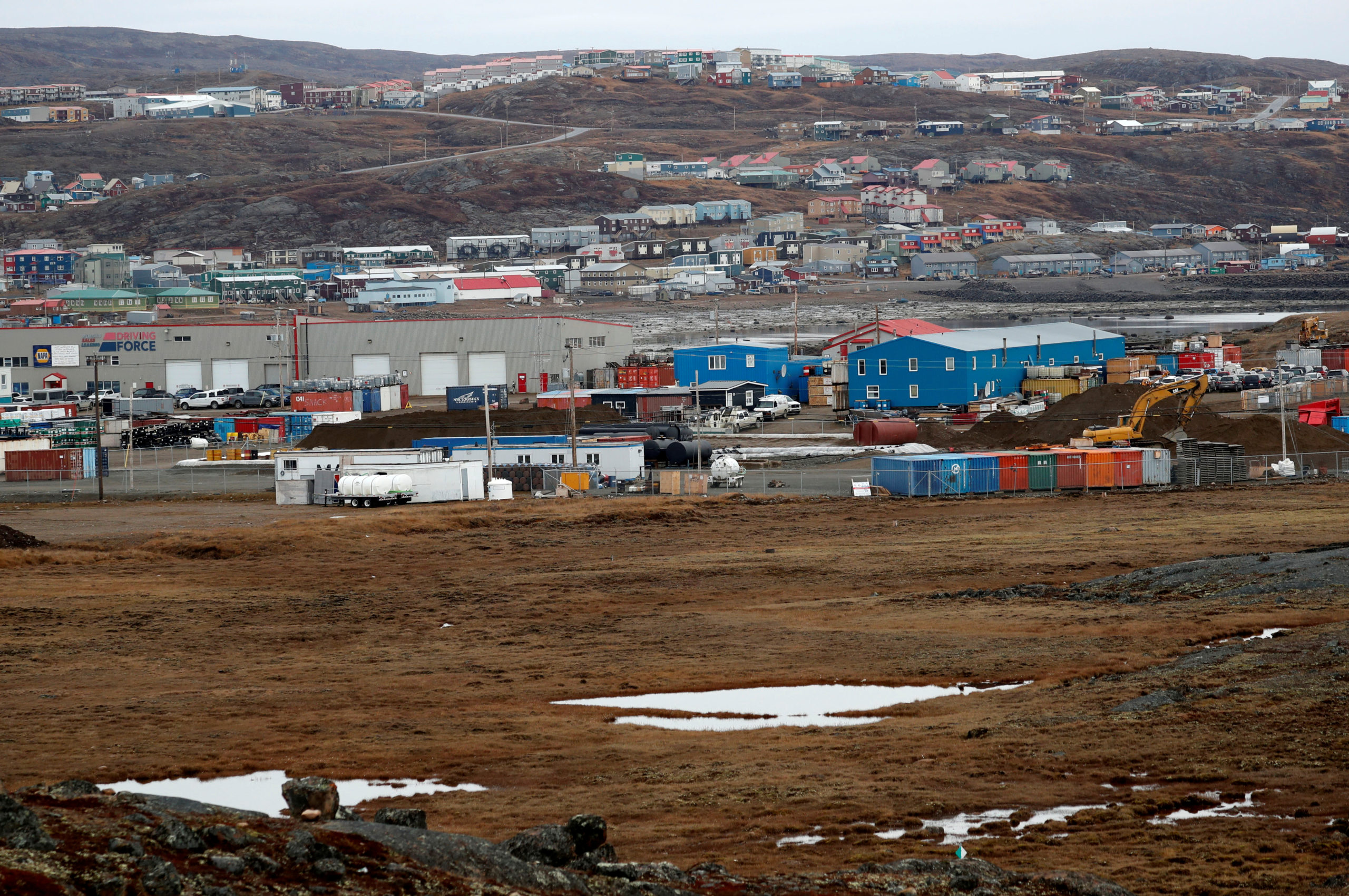Iqaluit sees new restrictions after confirming its first COVID-19 case
Non-essential businesses are to stay closed, and students to stay home for the rest of the week as strict health measures take effect.

Nunavut’s capital, Iqaluit has its first confirmed case of COVID-19, the territory’s chief public health officer announced late Wednesday night, prompting strict public health measures to go into effect at 7 a.m. on Thursday.
“I ask all Iqalummiut to remain calm and maintain strict adherence to the public health measures in place,” Nunavut Premier Joe Savikataaq said in a news release.
All schools will be closed for the rest of the week, non-essential businesses and government offices must close, and residents are being asked to stay at home as much as possible and limit contact with people outside of their households.
Starting Thursday, masks are mandatory in Iqaluit and indoor gatherings are restricted to a household plus five for emergencies only. Outdoor gatherings are limited to five people.
“We have initiated immediate contact tracing within the community and are working to identify all potential high-risk contacts quickly,” Patterson said.
The individual is currently isolating and is doing well, according to the release. The airline Canadian North later confirmed to Nunatsiaq News that the person was one of its employees.
Travellers who have departed Iqaluit on or after April 13 are being asked to isolate for 14 days once they arrive in their home community.
This is the first case of COVID-19 reported in the territory in 20 days and the first case reported in the capital city.
Iqaluit Mayor Kenny Bell tweeted shortly after the announcement, saying “since the very beginning we knew COVID would make it here, let’s stay calm and follow Dr. Patterson’s orders.”
“We are all in this together and we will all get through this together,” he said.
Non-essential travel is highly discouraged.
Schools in all other Baffin communities and in Rankin Inlet will move to Stage 2. That means middle and high school instruction will be a blend of in-school and remote learning. Students will attend school two to three days per week with staggered schedules to reduce physical interaction.
Businesses in these communities can stay open but must implement strict social distancing rules.
In those communities, indoor gatherings are restricted to those from the same household plus 15 people, and outdoor gatherings are restricted to 100 people.
Indoor public gatherings are restricted to 50 people or 50 percent capacity, whichever is less.
Nunavut’s first COVID-19 case was reported last November in Sanikiluaq but outbreaks followed in Arviat, Rankin Inlet and Whale Cove. Arviat had been the territory’s hotspot, with about 85 percent of the territory’s 396 cases. Four deaths have been reported in Nunavut.
Across Canada, there have been 1,087,152 cases reported as of Wednesday, according to the federal government’s online tracker. There have been 23,445 deaths across the country.